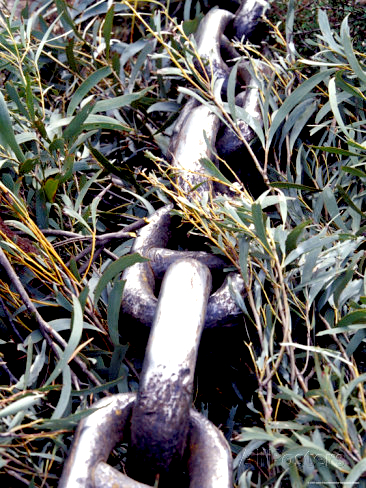Green laws going slowly
 The Australian government has delayed plans to rewrite the nation's environmental laws.
The Australian government has delayed plans to rewrite the nation's environmental laws.
Instead, the government says its immediate focus will shift towards establishing two new bodies: an Environment Protection Agency (EPA) and Environment Information Australia.
This decision has sparked criticism from environmental advocates who are concerned about the postponement of essential legislative reforms.
Environment Minister Tanya Plibersek, speaking at a recent press conference, outlined the government's plan to introduce legislation in the coming weeks to set up the aforementioned agencies.
The EPA is intended to have the authority to issue environmental protection orders and enforce compliance, effectively serving as an environmental regulator with the power to halt activities that violate environmental standards.
The second body, Environment Information Australia, will aggregate and disseminate data on Australia’s ecosystems, which will be accessible to the public and used to inform policy and business decisions.
Despite these steps, the broader package of reforms, crucial for implementing new national environmental standards against which development proposals would be assessed, remains without a specified timeline.
This package was initially promised to be introduced by 2023 but now faces an indefinite delay.
Plibersek says the laws will be introduced “when they’re ready”.
This delay has been criticised by environmental groups and opposition politicians.
Sarah Hanson-Young, the Greens’ environment spokesperson, has accused the government of breaking its promise to the electorate, emphasising the urgency of enacting these laws given Australia's environmental challenges.
Similarly, James Trezise from the Biodiversity Council has described the delay as a significant step back from commitments made under the Albanese government's ‘Nature Positive Plan’.
Criticism has also come from powerful industry groups and state leaders who are cautious about the impacts of stringent environmental laws on business and development projects.
In her defence, Plibersek says the strategic decision to split the changes will allow more thorough stakeholder engagement and to ensure the legislation is robust and effective.








 Print
Print